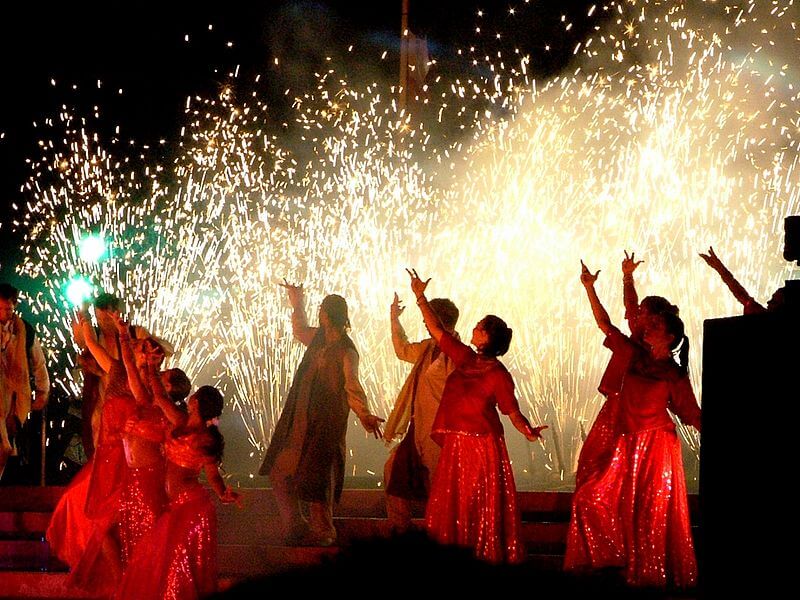Regardless of passing fads and fascinations, an element of our world that has never truly changed is, without a doubt, music. Its cadences and melodies are not only used to entertain, but to convey beauty and emotion and communicate intentions and meaning on even the most rudimentary levels.
Given its ability to effectively combine amusement with nonverbal and interpersonal communication, it is no secret that music has a massive impact on societies around the globe. This fact is especially true in India, where the Bollywood cinema industry has made itself an irreplaceable component of the nation’s culture.
Here, such films are not merely a means of entertainment. Instead, Bollywood has become a deeply appreciated portion of the “Indian story,” otherwise known as Indian nationalism. After all, Bollywood’s intricate musical numbers communicate not only the beauty of the culture, but the people’s trials and tribulations as well.
With these factors in mind, let us further examine Bollywood music’s role in Indian society.
It is the largest trendsetter in the nation
Whether you are looking at musical, dancing, or fashion trends, it is easy to see Bollywood’s influence throughout India. Attend any wedding and you will notice most of the guests are adorned in beautifully designed garments that undeniably reflect the latest movie stars’ costumes.
However, these emulations run much further than skin-deep. Over time, Bollywood has affected the underlying preferences of society, thoroughly reshaping how an entire nation perceives social and political issues.
It acts as a catalyst for change
Similar to literature, Bollywood music possesses the power of propagating valuable ideas, such as those that incite socioeconomic and political change, rather than simply cementing the status quo. However, this form of music holds an advantage that literature and even the films they originate from cannot compete with: a prolonged lifetime.
No matter how good a book or movie is, one is less likely to revisit it after they have already followed the plotline to its conclusion. Music, on the other hand, holds a novelty that takes longer to fade, especially as younger generations rediscover, repurpose, and distribute older tunes for modern enjoyment. Therefore, the imperative messages of yesteryear continue to circulate, captivating audiences not only in India, but around the globe as well.
Evidently, Bollywood music has proven its sole purpose is not providing entertainment value. Instead, it is viewed as a vehicle for expression, communicating challenges that span generations, and promoting subsequent, widespread change.

